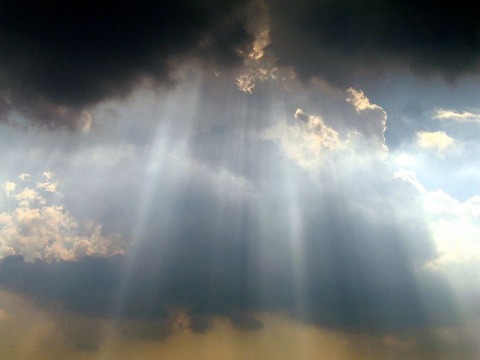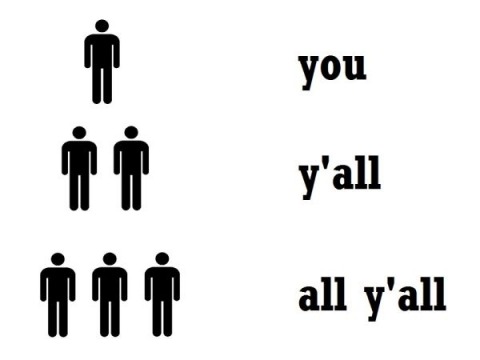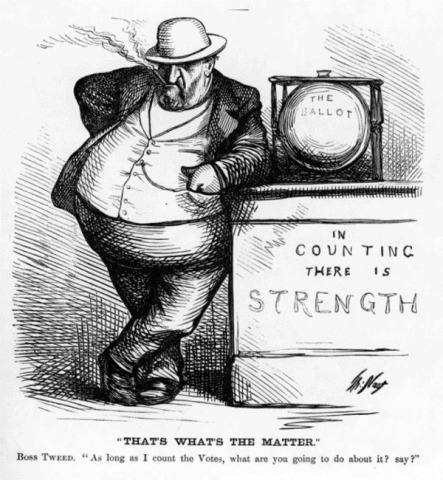
The chief limitation of the human intellect is not sheer shortage of brainpower, but defect of character. The weakness of our minds is not that we are not smart enough, but that we are not good enough.
Consider how faulty our thinking is about other people because we are too interested in ourselves;








